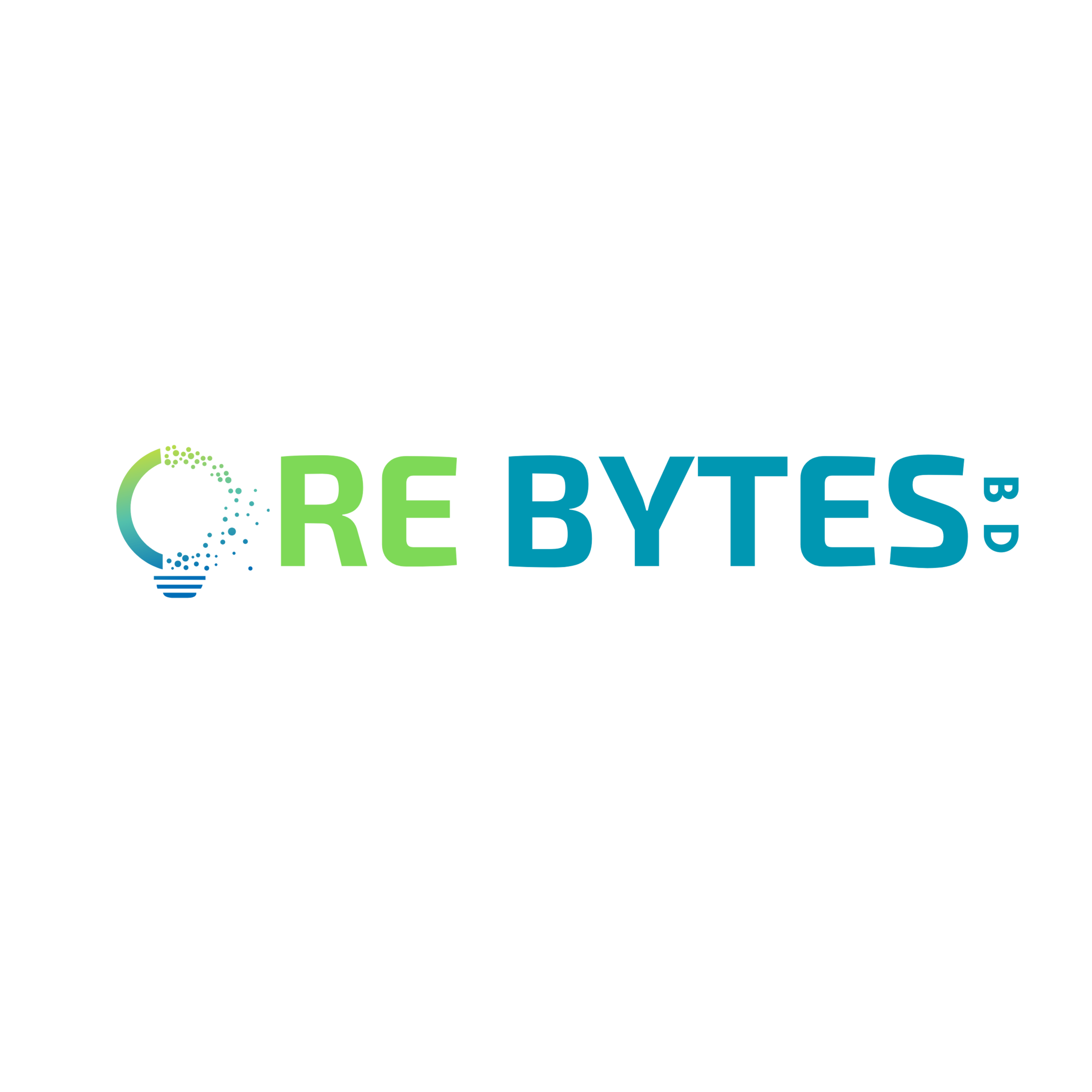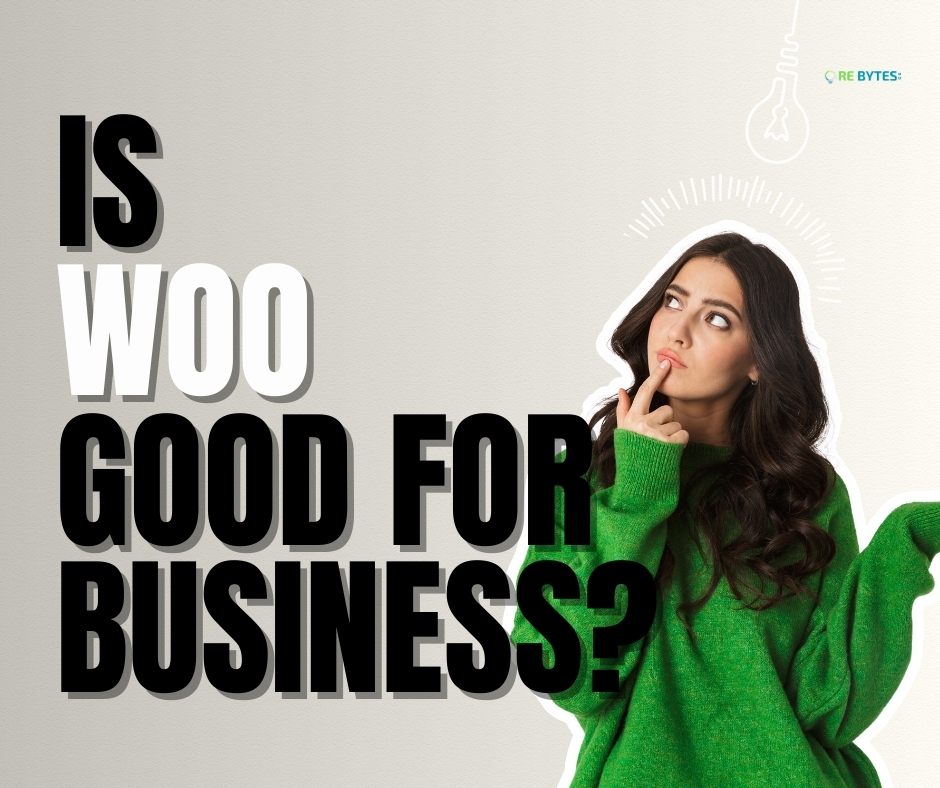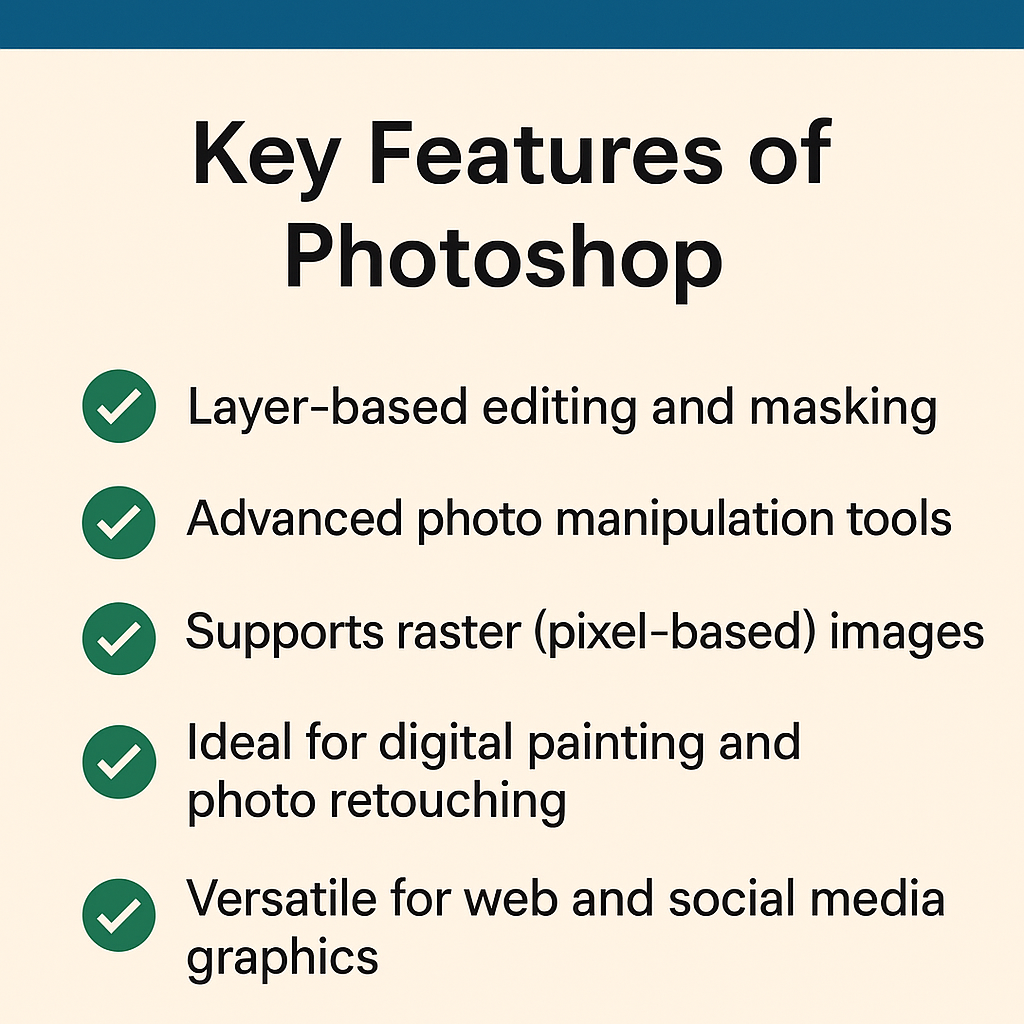As we approach 2025, the landscape of digital marketing is undergoing a monumental transformation. Consumer behavior has shifted dramatically, fueled by the rise of Gen Z and their unique approach to engaging with brands. In response, marketing strategies that once relied heavily on traditional advertising are now making way for a more authentic, organic approach.
The emphasis has moved toward content that feels real, human, and relatable—content that builds trust over time rather than pushing hard sales messages. In this post, we’ll dive into the most significant digital marketing trends for 2025 and explore how businesses can adapt to thrive in this new era of marketing.
Understanding the Digital Marketing Shift in 2025
The digital marketing landscape is rapidly evolving, and Gen Z is at the forefront of this change. This generation, known for their skepticism toward traditional advertising, is influencing how consumers of all ages interact with brands.
Unlike older generations, Gen Z values authenticity, preferring content from influencers, creators, and even their peers over polished, scripted ads. This shift is not just confined to Gen Z—older generations are beginning to follow suit, adopting similar preferences for more genuine, relatable content.
As a result, businesses must adapt to these new consumer behaviors. Instead of relying solely on paid ads, companies are turning to organic marketing strategies that focus on creating valuable, relevant content. From educational videos and social media posts to influencer partnerships, these strategies build trust over time and resonate with audiences in a way traditional advertising no longer can.
Embracing this shift is crucial for businesses aiming to stay relevant and connect with today’s more discerning consumers.
Organic Marketing Takes Over
In 2025, traditional advertising is losing its effectiveness. Consumers, especially younger generations like Gen Z, are becoming increasingly resistant to ads that feel forced or interruptive. With the rise of ad blockers and a growing preference for authenticity, the once-dominant paid ad strategies are no longer yielding the same results. Audiences are tuning out brands that rely solely on flashy commercials or repetitive banner ads. Instead, they are gravitating toward content that feels more natural and engaging—content that aligns with their values and interests.
This shift has made organic marketing a powerful force in digital marketing. Social media posts, educational videos, and influencer partnerships are now the driving forces behind successful campaigns. Rather than pushing products or services directly, businesses are focusing on creating content that educates, entertains, and provides value.
Whether it’s through relatable social media posts, YouTube tutorials, or collaborations with influencers, organic content fosters deeper connections with consumers, building long-term trust and loyalty. This approach resonates with modern audiences, making them more likely to engage with and purchase from brands that prioritize authenticity over a hard sell.
The Power of Video Content
In 2025, video content remains one of the most effective ways to connect with audiences. However, the pressure to produce highly edited, flashy videos has decreased. Instead, businesses are embracing a more streamlined approach to video creation, focusing on simple, educational content that adds real value to viewers. The key is to provide helpful information in a clear and relatable manner, without the need for complex editing or elaborate visuals.
Minimal editing, straightforward explanations, and a conversational tone can be just as powerful—if not more so—than polished, entertainment-driven videos. By offering valuable insights, businesses can build trust with their audience, positioning themselves as experts in their field.
This no-frills approach not only saves time and resources but also appeals to consumers who prefer content that is direct and useful rather than overly produced. Whether through YouTube or social media platforms, educational videos that focus on real value can establish deeper connections and generate long-term customer loyalty.
LinkedIn Newsletters: The New Marketing Tool
LinkedIn is rapidly becoming a powerhouse for content distribution, and one of its most valuable features for businesses in 2025 is its newsletter function. Unlike traditional social media posts that quickly fade from the feed, LinkedIn newsletters offer a unique opportunity to directly reach subscribers via their inboxes.
This feature not only ensures your content stays visible but also provides a level of professional credibility that personal blogs or posts often lack. By leveraging LinkedIn’s extensive professional network, businesses can increase their visibility and connect with a highly targeted audience of professionals and decision-makers.
One of the key advantages of LinkedIn newsletters is the ability to reach beyond your immediate connections. With LinkedIn’s algorithm and newsletter distribution system, even users who aren’t directly connected to you can discover your content.
For instance, a newsletter can be shared by your existing subscribers, allowing you to tap into their networks and significantly expand your reach. This makes it easier to grow your audience and establish your business as an authority in your field.
Additionally, every new subscriber to your newsletter automatically becomes a follower, further increasing your visibility and presence on the platform. By regularly delivering valuable content through LinkedIn newsletters, businesses can build an engaged, professional community and gain ongoing exposure to new audiences.
Leveraging Custom GPTs for Lead Generation
In 2025, leveraging AI-powered tools like custom GPTs (Generative Pretrained Transformers) has become a game-changer for lead generation. Offering personalized AI assistants as lead magnets allows businesses to provide real value to potential clients upfront, all while building an engaged email list.
Instead of relying on traditional content like eBooks or webinars, businesses can offer custom GPTs that address specific needs or challenges faced by their target audience. By doing so, they create a more personalized and compelling reason for prospects to share their contact information.
For example, a financial advisor could create a custom GPT that provides personalized budgeting tips, investment strategies, or retirement planning advice tailored to individual users’ financial situations. Similarly, a personal trainer might offer a GPT that generates custom workout plans based on a user’s fitness goals, preferences, and available equipment.
For a dog trainer, a GPT could provide solutions for common behavioral issues, offering insights that are specific to each dog’s unique challenges. These personalized AI assistants act as an interactive, 24/7 resource that prospects find useful, ultimately driving them to sign up with their email addresses for further engagement.
By offering real value in exchange for contact information, businesses can foster trust and build meaningful relationships with potential clients while growing their email list effectively.
AI Chatbots for Personalizing Customer Experience
AI chatbots are revolutionizing how businesses engage with customers and close sales in 2025. These smart tools are no longer just for answering basic FAQs; they can now deliver highly personalized, real-time interactions that drive sales and improve customer satisfaction.
By leveraging AI, businesses can provide instant responses to customer inquiries, reducing wait times and improving the overall shopping experience. Customers today expect quick, direct communication, and AI chatbots meet that expectation by offering immediate answers and solutions, often before the customer even has to reach out to a human representative.
One of the biggest advantages of using AI chatbots is their ability to engage with visitors on your website or sales pages 24/7. These bots can assess a visitor’s intent, guide them through product choices, and even help them with decision-making, creating a tailored experience that feels highly personalized.
By understanding customer needs in real time, chatbots not only improve the chances of closing a sale but also streamline the entire sales process without interrupting the business owner’s workflow. This allows business owners to focus on higher-level tasks while the chatbot manages the repetitive, time-consuming interactions. The result is a smoother customer journey, increased sales conversions, and greater operational efficiency.
AI-Powered Customized Marketing Plans
The introduction of ChatGPT’s new 01 model in 2025 has transformed how businesses approach marketing strategy development. Unlike traditional methods that rely on generic, one-size-fits-all recommendations, this AI-powered tool provides businesses with highly detailed, tailored marketing strategies that are aligned with their specific needs and goals.
The 01 model leverages advanced reasoning capabilities, allowing it to create comprehensive, personalized marketing plans that consider various factors like business type, target market, goals, and challenges.
By inputting key information about their business, owners can receive a marketing plan that includes detailed strategies for social media, email marketing, content creation, and even optimizing sales funnels. The AI doesn’t just throw out random ideas—it uses sophisticated algorithms to think through each step, providing actionable insights that are relevant to the unique business situation.
This ability to craft precise, step-by-step plans makes the 01 model a valuable asset for business owners who want to avoid the time and costs associated with hiring consultants or spending hours trying to develop a strategy on their own.
With AI handling the complex planning, business owners can move forward with confidence, knowing they have a roadmap to success. The advantage of AI in this process is that it can not only provide the strategies but also explain the reasoning behind its suggestions, helping businesses understand why certain approaches will work and how to execute them effectively.
This level of detail and personalization enables businesses to make smarter marketing decisions and implement their strategies more efficiently, leading to better outcomes and faster growth.
Final Thoughts
In 2025, digital marketing is evolving at an unprecedented pace, driven by shifts in consumer behavior and the rise of powerful AI tools. As businesses strive to stay relevant, adapting to these new strategies is crucial.
Embracing organic marketing, leveraging simple yet effective video content, utilizing LinkedIn newsletters, and integrating AI-powered tools like custom GPTs and chatbots can offer immense benefits. These approaches allow businesses to engage with their audience authentically, build trust, and create personalized experiences that are more in tune with today’s consumer expectations.
For small businesses, these strategies provide an incredible opportunity to remain competitive in an ever-changing market. By embracing AI and organic, value-driven marketing, even the smallest enterprises can build strong relationships with their audience, optimize their workflows, and execute marketing plans that are both time-efficient and cost-effective. Staying ahead of the curve with these tools will ensure your business not only survives but thrives in the digital landscape of 2025.




